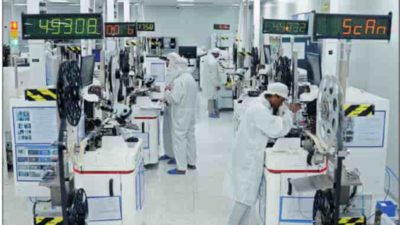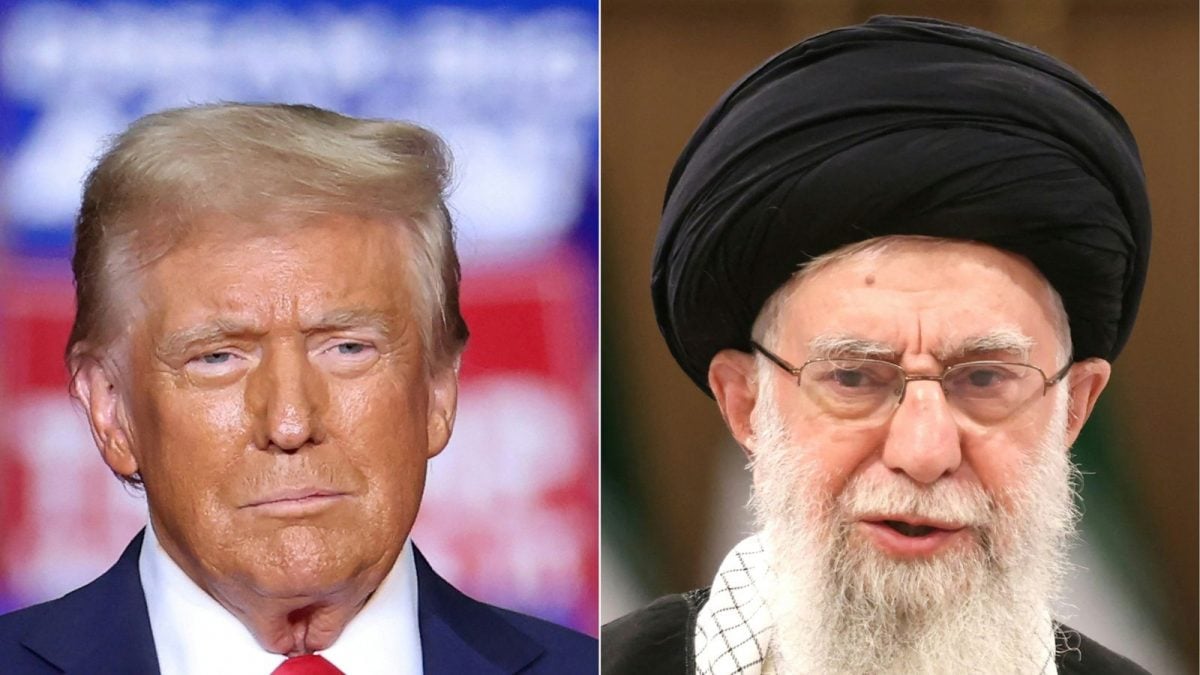ARTICLE AD BOX

Typical
global capability centres
(GCCs) focus on delivering services to support global operations. Here’s one with a difference. French identity and security solutions provider Idemia’s India operations not only support services, but also manufactures payment and connectivity products including payment cards, subscriber identity module (SIM) cards for smartphones, and chips that go into security and payment devices globally. These are chips embedded on credit, debit and other payment cards, and even driving licences.The GCC supports internal operations such as HR and finance, it plays a crucial role in R&D, and delivers comprehensive support to global customers across banking, fintech, telecom, utilities, public services, security agencies, and more.

Matthew Foxton, regional president at Idemia, says they established the GCC at Noida in 2004, when there were no similar centres focused on chip card development. “We created an indigenous operating system for SIM cards, driving licenses and vehicle registration certificates. This has now matured and India is a global hub for us for services, R&D and manufacturing,” he says.
There are around 5,000 employees in India, and the centre is the company’s largest hub outside Europe. Around 1,500 of the employees are in three manufacturing units in Noida, located at the Noida Special Economic Zone (SEZ). Idemia also has a service centre in Mumbai.Within the Noida SEZ, three facilities churn out SIM cards, chips embedded in payment cards, biometric devices and handheld scanners that are used across global markets – by global telcos, airports, banks, fintech companies and even gover nment agencies. Customers include the likes of Westpac Banking Corporation, Amex, HSBC, Boeing, SK Telecom, Deutsche Telecom, and KT Corporation. Noida also has a unit that’s into packaging chips directly from wafers.Quantum cryptography researchThe GCC is also a global research hub, driving innovation in
post-quantum cryptography
or PQC, facial recognition, eSIMs, and more. PQC is the development of cryptographic algorithms that are resistant to attacks by quantum computers.In 2024, Idemia entered into a collaboration with IIT Hyderabad to develop solutions to future-proof digital security against quantum-enabled cyber threats. “Post-quantum cryptography is about developing encryption standards that can withstand quantum computing attacks. And India is at the centre of this effort,” says Foxton.The team here is also working to perfect AI-driven security solutions like face recognition algorithms. The effort is to recognise faces even if the person is wearing a mask.This ability to integrate both high-tech research and handson production has made Idemia India indispensable to the company’s global ambitions. The India GCC, Foxton says, plays a strategic role in powering global innovation and product roadmap. “Our India centre contributes across our entire product portfolio – from mobile SIMs and green payment cards (ecofriendly, made from recycled materials) to biometric access devices and border control systems,” he says.At least 10 innovators from the India team have been granted patents for their work in security and identity domains. Foxton says that as AI and quantum computing reshape digital security, the India team is expected to play a pivotal role in defining what’s next in security.



.png)
.png)
.png)
















 4 days ago
6
4 days ago
6









 English (US) ·
English (US) ·